– A certain Transylvanian Saxon resident from Nagyszeben (Sibiu), György Krauss, some 400 years ago, wrote this about Gábor Bethlen: “he left Transylvania in full bloom, in better shape than how he found it”. Gábor Bethlen, the famous Transylvanian Prince, was distantly related to Count István Bethlen de Bethlen; at the end of the Count’s ten-year prime minister term, did he leave Hungary in better or worse condition than when he took over?
– Hungary was undoubtedly in better shape in every way by the summer of 1931 than it was in 1921 when the Bethlen cabinet was formed – even though he had to leave due to the severe domestic consequences of the Great Depression. After a temporary economic downturn, the country experienced uninterrupted growth until World War II, thanks to the Bethlen-era social consolidation and economic reconstruction. Despite the collapse following World War I, the anarchy of two revolutions, the occupation of foreign (Czech, Serb, and Romanian) forces, the effects of the Trianon peace treaty, Hungary could stand up from the ashes. The trampled, plundered, humiliated country had an economy and society that was already a forerunner in Central Europe by the end of the 1930s and gradually catching up with Western Europe, according to all statistics and analysis.
We can honestly say: after ten years of being prime minister, Bethlen handed over an improved country to his successor.
– Why did Regent Miklos Horthy appoint Bethlen in the spring of 1921, after the departure of the Teleki government, partly caused by the miscalculated return attempt of Charles IV, King of Hungary?
– Bethlen was 46 years old and considered a reliable and experienced politician, because he was a Member of the Parliament since 1901 and he was a nationally known, mainly due to his opinions on Transylvania and Romanian-Hungarian relations. Bethlen became closer with Horthy after the collapse of the Hungarian Soviet Republic; at that time Horthy was the commander-in-chief of the Hungarian National Army. Bethlen was one of the organizers and leaders of the counter-revolutionary forces in 1919, and after his return from Vienna he was one of the eight to ten people who defined the domestic political processes. In 1920, as a member of the Hungarian peace delegation alongside Albert Apponyi and Pál Teleki, he gave an impressive professional performance.
They could not do anything about the rigorous and unjust peace treaty dictates.
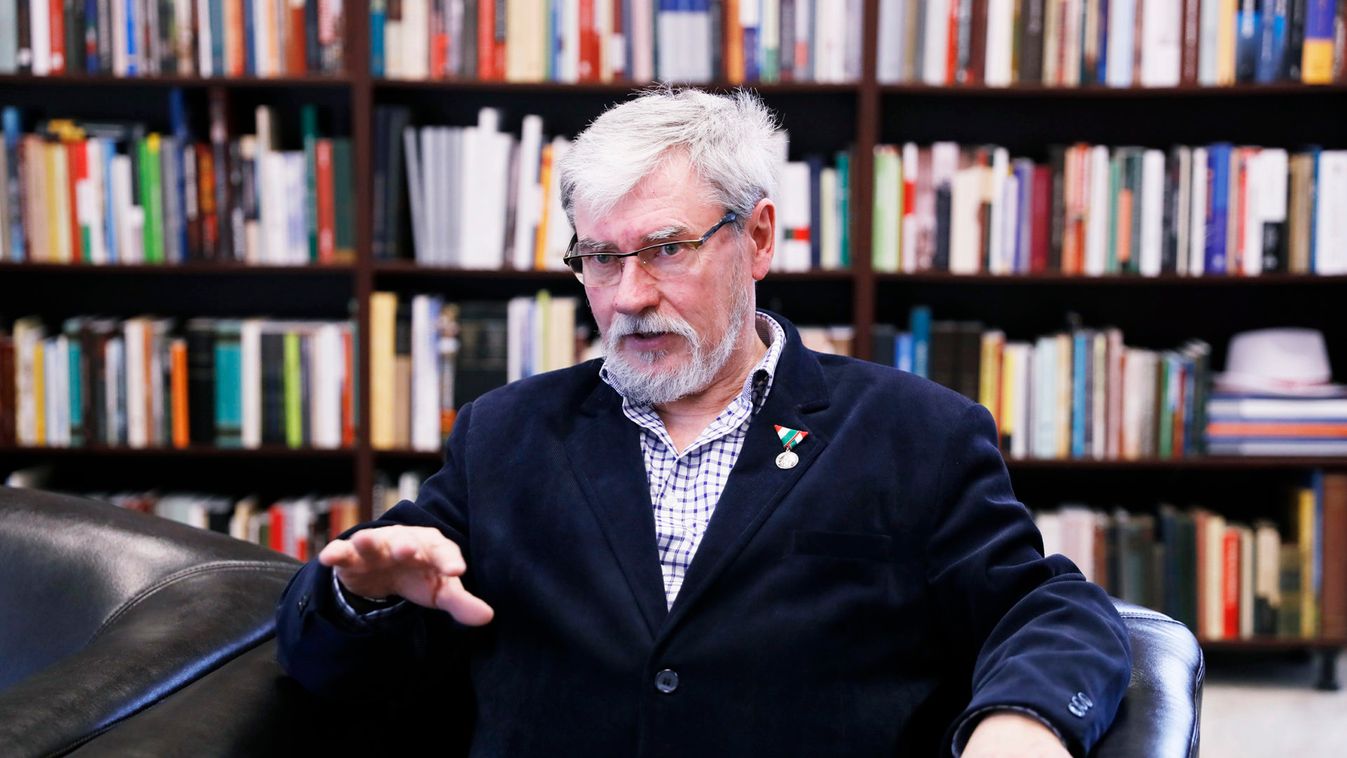









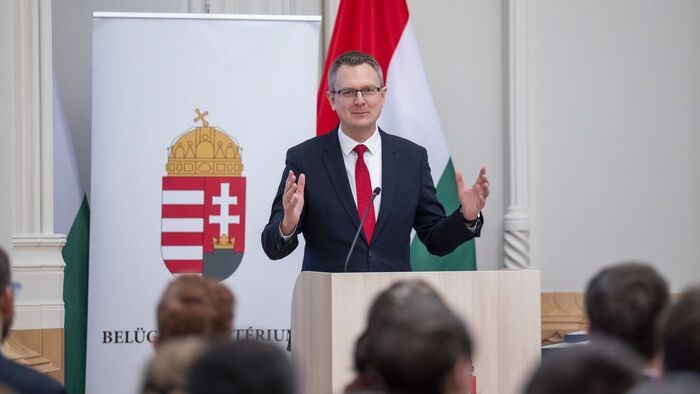

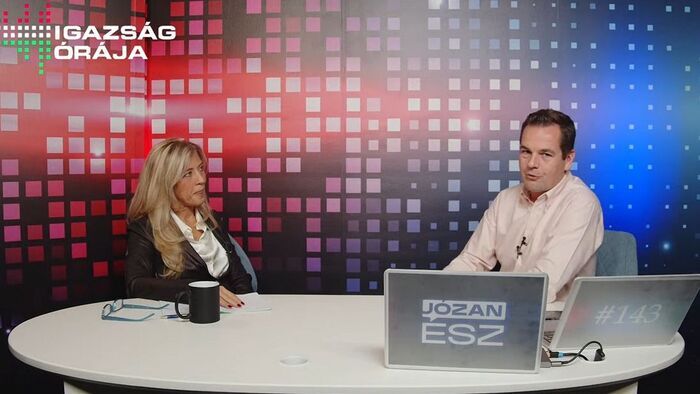





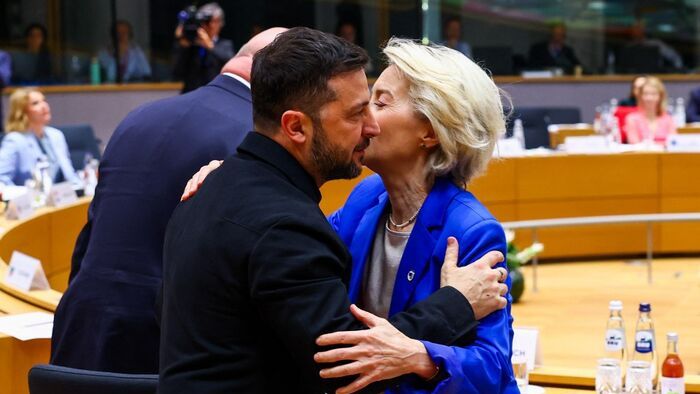


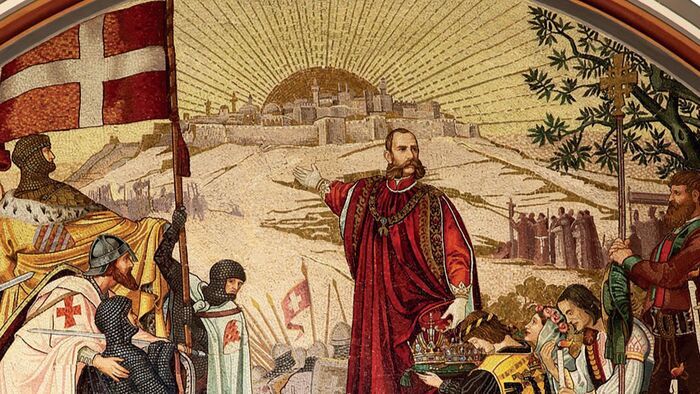


Szóljon hozzá!
Jelenleg csak a hozzászólások egy kis részét látja. Hozzászóláshoz és a további kommentek megtekintéséhez lépjen be, vagy regisztráljon!